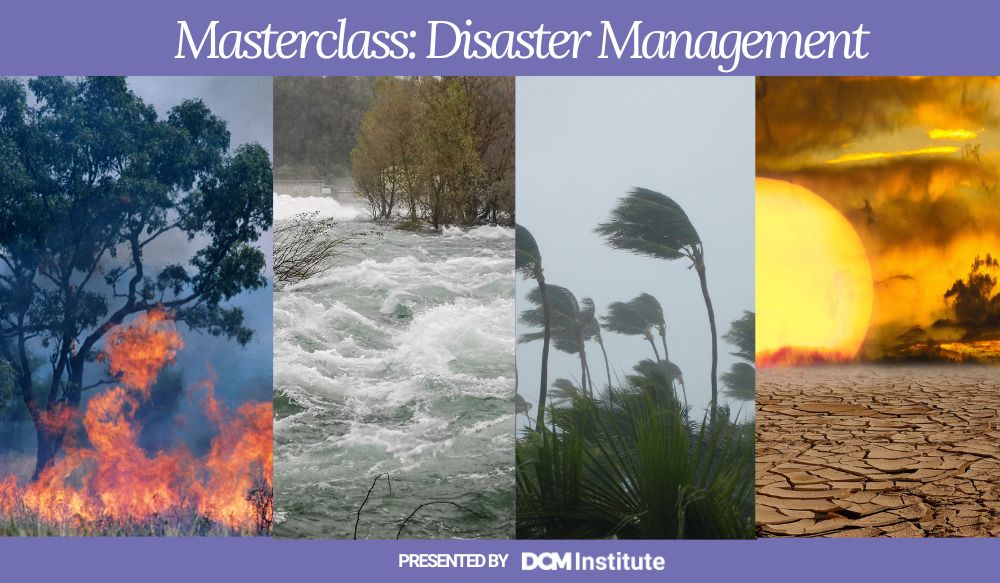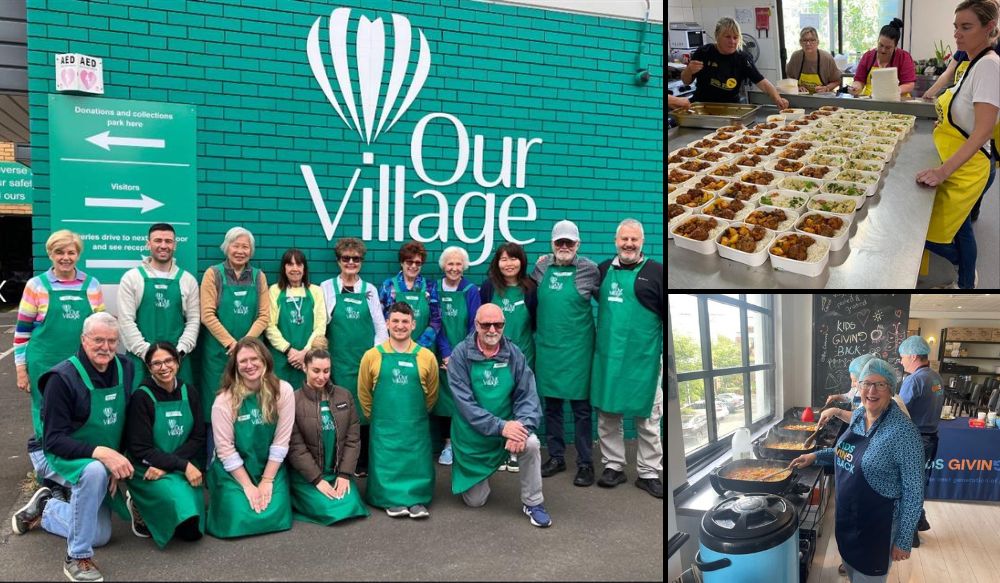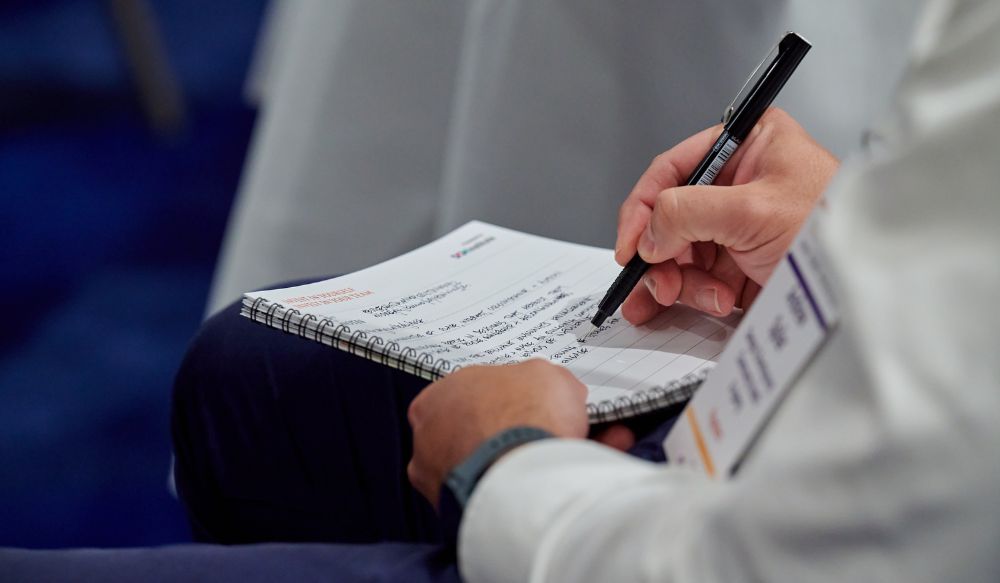
Masterclass Reflection: Disaster Management
- Categories Key things to help you everyday, Uncategorized, Workshops
- Date November 1, 2024
Earlier this week more than 80 Village Professionals joined DCM Institute for a timely masterclass on Disaster Management.
The masterclass panellists included James Wiltshire from DCM Institute, Kerrie Smiles from Australian Unity, Kirsten Belham from Keyton, and Mary O’Neill from Oaktree, with the discussion focused on preparedness, response management and recovery.
All of the panellists had real-world experiences with which to draw from when talking about their response to disasters such as floods, fires and server storms.
“When you’re faced with a disaster, you almost go into autopilot. You know what you’re supposed to be doing without even realizing it…because that’s what we do when we manage a village.” — Kristen Belham
The panellists emphasises the importance of having disaster plans tailored to local risks, proactive communication, and strong relationships with emergency services.
Some of the key takeaways from this masterclass include:
- Preparation and Planning: Regular safety audits, emergency kits for staff and residents, evacuation drills, and strong community partnerships (e.g., with local SES, fire departments) were cited as essential preparation practices.
- Communication and Coordination: In emergencies, rapid, clear communication with residents, staff, families, and contractors is critical. Panellists’ stressed the value of assigning specific roles within the team, using phone trees, and having designated liaisons to manage resident welfare and family updates.
“Getting the residents together to talk to each other, to debrief, basically, make sure you have enough little get togethers that they can feel like they are actually getting out all the worry and concern that they had at the time, because it is very concerning, very stressful for them. So I think making sure you group them together and point them in the right direction of if there’s extra resources, keep in touch with families if they need extra support. So I think that’s the biggest part.” – Mary O’Neill
- Resident and Staff Wellbeing: Following an incident, mental health debriefings and emotional support were emphasised as essential to recovery.
- Relationships are key: As important as any plan is the relationships we have with key contacts outside of the village, and outside of the business. This includes contractors and suppliers, local emergency services including the SES, insurers and pet shelters.
“At the end of the week, we had afternoon tea with [the Rural Fire Service], and they debriefed us… They (village residents) walked out empowered and more secure because the people who were there for them were talking to them.” – Kerrie Smiles
These Masterclasses are hosted by the DCM Institute as part of their Professional Development Program. For more information, click here.
You may also like



